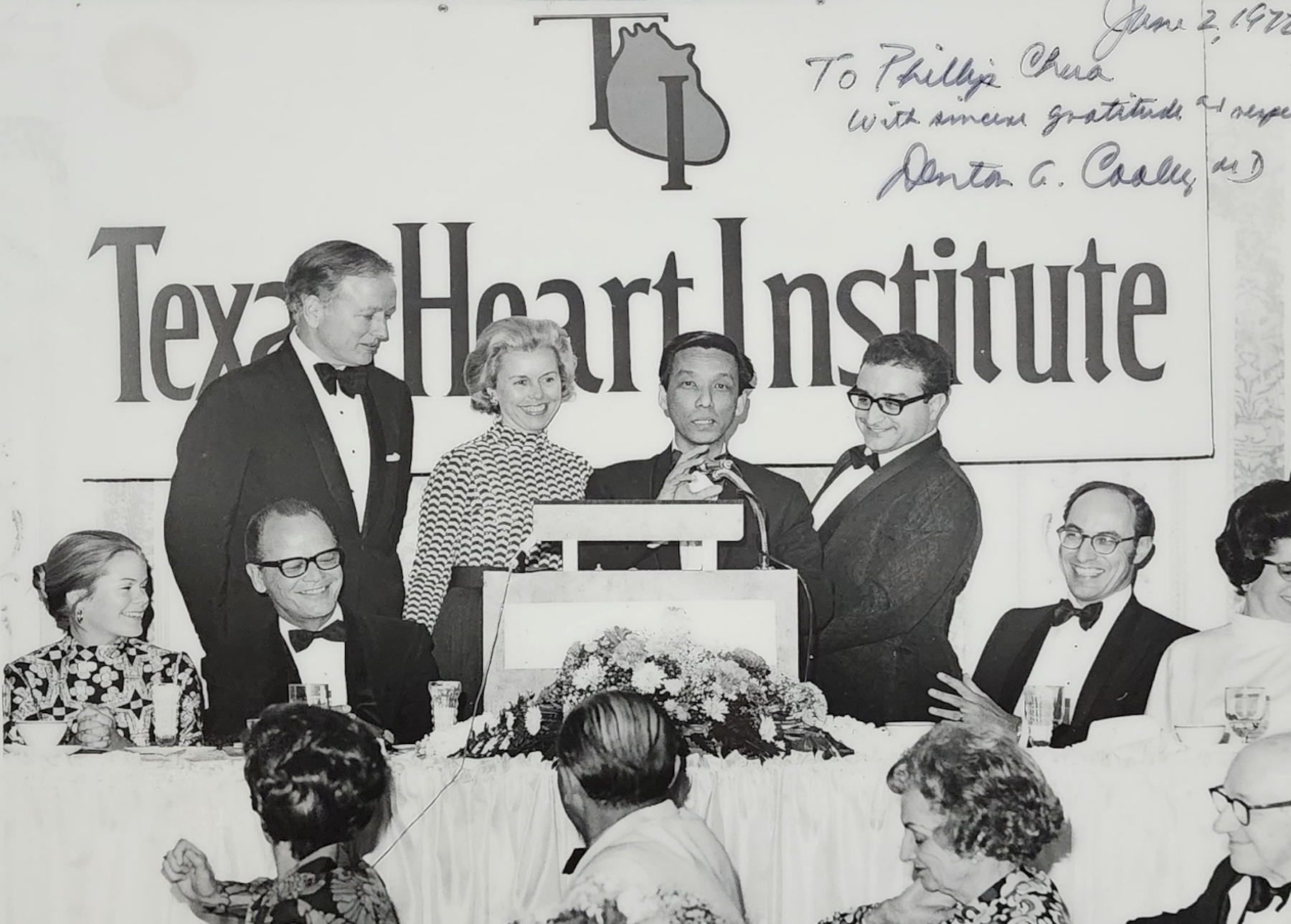AS Filipinos commemorate the 31st anniversary of the EDSA (People Power) revolution this year, they are not called to dramatize the wrongdoings of the past.
Instead, they should do so with a critical understanding of the aspirations and the historical realities that made this movement the catalyst for a democracy that most Filipinos enjoy today.
Malacañang is marking its first EDSA anniversary under President Rodrigo Duterte this weekend. It earlier announced that this year’s commemoration will be simple, quiet and focused on moving forward — three months after Duterte allowed the burial of former Pres. Ferdinand Marcos at the Libingan ng mga Bayani (Heroes’ Cemetery).
“It’s time to move on from just celebrating the past, remembering the past, and to move on to the whole aspect of nation building to give it a more positive outlook and give it a more positive understanding,” Presidential spokesperson Ernesto Abella said. “The whole nation is evolving. We can’t get stuck in the past.”
The 1986 EDSA revolution is not just a mere political event in Philippine history. It will be forever remembered—and taught in schools—as the pivotal moment when Filipinos dared to challenge and determine their own destiny despite hostility and dictatorship.
It seems like a lifetime ago when former Pres. Marcos declared martial law in the Philippines on Sept. 21, 1972. Forty-five years have passed, but the wretched moments of the martial law era have continued to linger on, especially for the people who had to endure it.
It was on February 25, 1986, that Filipinos to finally refuse to submit to oppression and degradation. They were not aiming for utopia, they fought for a society in which liberty and justice are treated as complementary.
Hundreds of thousands of Filipinos joined the nationwide protest that brought People Power revolution to life. In this historic uprising, the voice of the people resonated through the country and has been forever etched in the pantheon of Philippine democracy.
The People Power revolution continues to this day, as a reminder to Filipinos of how supporting a common stand can turn them to a formidable moral power. The People Power revolution ignited the people’s longing for genuine democracy. It is empowered by the will of the people. It gives the citizenry the power to overturn the culture of corruption, unethical conduct, and self-serving antics of politics.
While the EDSA revolution is just a story of the past, it serves as a reminder for all generations to come: that as ordinary citizens, we are still capable of inciting change in our day-to-day existence. Each of us should remain vigilant in guarding the democracy that Filipinos before us have worked so hard for.
We are called to embody the values that sparked this political movement, to celebrate the ideals of democracy, and to pursue happiness and freedom for every Filipino. (AJPress)
- Weaving heritage and innovation: Filipino textiles take the spotlight in Philadelphia
- Oliver Tolentino launches San Francisco showroom with fashion show
- Does Fluoride Cause Cancer, IQ Loss, and More? Fact-Checking Robert F. Kennedy Jr.’s Claims
- PH gears up for first-ever internet voting for overseas Filipinos in 2025
Back To Top




